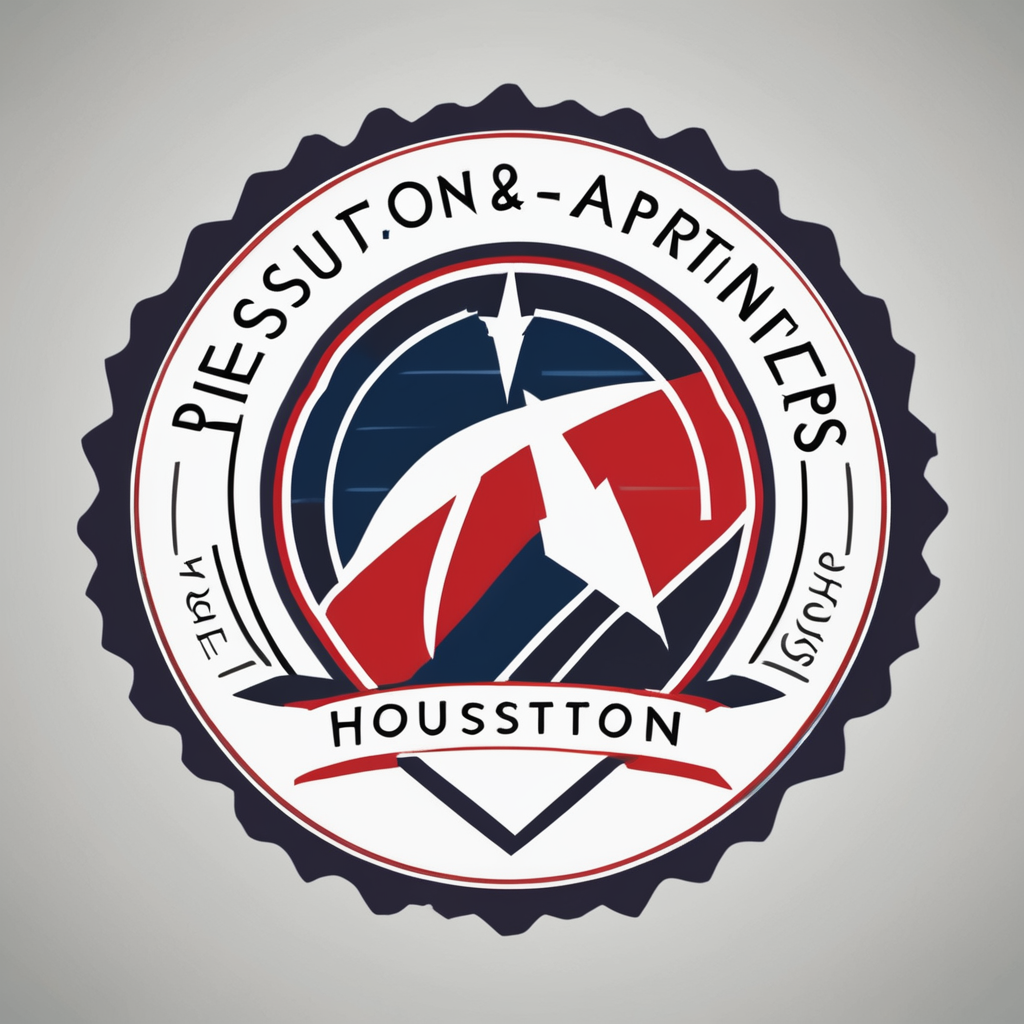Overview of Securing a Business License in the UK
Securing a business license in the UK is a critical step for any entrepreneur aiming to operate legally and confidently. The process begins with understanding the specific business start-up regulations that apply to your industry and location. These legal requirements UK include obtaining the correct license to verify your business complies with local and national laws.
The application typically involves submitting detailed information about your business, including ownership details, type of activities, and premises. Compliance is essential because operating without the necessary license can lead to fines or closure. Thus, obtaining a business license not only legitimizes your business but also protects you from legal repercussions.
Also to discover : What Are the Legal Challenges Facing New UK Businesses?
To assist with this, the UK government offers a centralized business licensing portal. This resource consolidates information on various licenses and facilitates application submissions, ensuring that applicants follow the correct procedures and remain aware of regulatory updates.
Understanding each step and ensuring adherence to the business start-up regulations safeguards your ability to operate smoothly within the UK’s legal framework.
Also to see : How Can UK Entrepreneurs Avoid Common Pitfalls During Business Formation?
Determining License Requirements for Your Business
Understanding whether your business requires a business license is fundamental to complying with UK regulations. The need for a business license varies widely depending on both the type of business and its location. Different industries face distinct sector-specific regulations, while local authorities may impose additional rules through local authority business licenses.
To identify if your business requires a license, start by examining the nature of your activities. For example, businesses involved in food service, childcare, or financial services typically have specific licensing requirements. Similarly, operating in certain localities may demand additional permits reflecting regional policies or safety standards.
Resources to check license requirements include government publications and official advisory sites that provide detailed descriptions of business license types across sectors. Consulting with your local authority’s business licensing office is also advisable, as they offer guidance tailored to your business location and sector.
Ultimately, recognizing the appropriate business license types and associated sector-specific regulations ensures compliance, reduces legal risks, and supports smooth operation within the UK’s regulatory framework.
Gathering Required Information and Documents
Preparing the correct business license documentation is vital to ensure a smooth application process. The core documents typically include proof of identity, proof of business address, and evidence of business registration with relevant UK authorities. Providing accurate and complete legal business paperwork prevents delays and helps confirm your compliance with business start-up regulations.
When applying, you must supply detailed information about your business structure, ownership, and the specific activities you intend to undertake. For example, sole traders, partnerships, and limited companies each require distinct registration documents within the business registration UK framework. This differentiation matters because licensing authorities need to verify the legitimacy of your business entity before issuing a license.
Some industries necessitate supplemental documents aligned with sector-specific compliance needs. For instance, food-related businesses might require health and safety certificates, while childcare providers may need background checks on staff. Knowing these requirements in advance allows you to gather the necessary paperwork proactively.
In summary, organizing the full set of business license documentation tailored to your business type reduces obstacles during the application. It reflects your commitment to meeting legal requirements UK and accelerates your journey toward obtaining the required license.
Completing the Business License Application
Completing a business license application UK demands careful attention to detail and adherence to the prescribed procedures. The process generally starts with gathering all necessary documentation, as highlighted in previous sections, and then moving forward with filling out the application form accurately.
The applying for a business license process in the UK often involves specifying your business structure, ownership details, and the nature of your operations. Since the UK government requires businesses to be registered with the relevant authorities, confirming your business registration UK status is a crucial step here. This ensures that your application aligns with official records and helps prevent delays or rejections.
Many applicants benefit from using official government business application process platforms, which offer online portals for submission. These portals simplify the procedure by guiding users through the completion of forms, uploading of documents, and payment of any applicable fees. The ability to track the status of your submission online fosters transparency and confidence throughout the application timeline.
By following the step-by-step guidance provided by the relevant government body, applicants can avoid common pitfalls and expedite the licensing process. Overall, a thorough and accurate application is indispensable to meeting UK business start-up regulations and satisfying the legal requirements UK set forth for operating a licensed business.
Fees, Costs, and Processing Times
Understanding business license fees UK is crucial for budgeting your start-up effectively. The business license cost can vary significantly depending on the type of license and the sector-specific regulations it falls under. For example, licenses related to food service or childcare often have different fee structures compared to general business licenses. Typical fees range from modest administrative charges to several hundred pounds for specialized licenses.
Payment methods are usually flexible, allowing applicants to pay via online portals, bank transfers, or in person at designated offices. In some cases, small businesses may qualify for fee waivers or reductions, particularly where local authority policies support start-ups or low-income entrepreneurs. Checking these options in advance helps avoid unexpected expenses.
The application processing time UK depends on both the license type and the completeness of your submission. Simple applications might be processed within a few weeks, whereas licenses requiring detailed background checks or inspections can take several months. Delays often result from incomplete business license documentation or failure to meet business start-up regulations. Staying proactive by submitting thorough and accurate paperwork reduces processing delays and accelerates approval.
In summary, careful attention to business license fees UK and timing expectations ensures smoother navigation through the licensing process and better financial planning for your new venture.
Post-Submission: Receiving and Maintaining Your License
Once your business license UK application is approved, you will receive formal confirmation detailing your license status and any specific conditions attached. Typically, the business license approval process concludes with either a physical document or a digital certificate confirming your authorization to operate legally. It is important to carefully review this notification to ensure all details are accurate and comply with your business operations.
Maintaining your license requires adherence to ongoing compliance obligations set by regulatory bodies. These may include periodic inspections, submission of reports, or adherence to updated business start-up regulations. Failing to meet these obligations can result in penalties or revocation of your license, which underscores the need for diligent record-keeping and operational transparency.
Regarding license renewal UK, licenses usually have an expiration date, after which renewal is mandatory to continue lawful business activities. Renewal procedures often involve verifying that your business continues to meet all legal requirements UK, updating any relevant documentation, and paying associated renewal fees. It is advisable to start the renewal process well before your license expires to avoid disruption.
Displaying your license prominently at your business premises is often a legal requirement UK, signaling compliance to customers and inspectors alike. Keeping copies of your business license documentation accessible also facilitates smooth responses to any official queries.
In summary, the post-submission phase is equally critical in ensuring your business remains within the bounds of UK business start-up regulations, safeguarding your operational legitimacy and reputation.
Additional Support and Official Resources
Navigating the complexities of securing and maintaining a business license UK can be challenging. Thankfully, there are extensive UK business support services designed to assist entrepreneurs at every stage. These resources provide authoritative information to help you understand and meet business start-up regulations and legal requirements UK efficiently.
One crucial avenue for assistance is government licensing helplines. These dedicated phone lines connect applicants with knowledgeable advisers who can clarify doubts about license types, application procedures, and compliance obligations. By using these helplines, businesses ensure their questions are addressed quickly, reducing the risk of errors that might delay licensing.
Beyond helplines, comprehensive business compliance resources are available, offering detailed guides and checklists tailored to various industries. These resources help you track your obligations and stay compliant with evolving legal requirements UK. They often include FAQs, sample documents, and explanations of sector-specific rules, empowering you to handle the licensing process confidently.
Local authorities also play a pivotal role, providing direct support through business licensing offices. These offices offer personalised guidance based on your geographic location and specific business activities, ensuring you meet any additional local authority business licenses demanded by your area.
Overall, leveraging the full spectrum of UK business support services enhances your ability to secure the correct license promptly, comply with relevant regulations, and maintain smooth operations throughout your business lifecycle.



